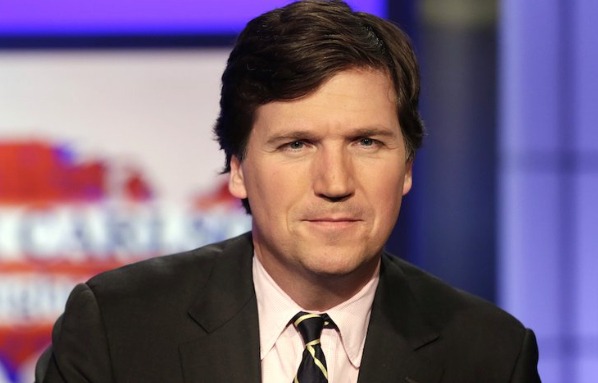What is the Debt Ceiling and How Does it Impact the Economy?
The debt ceiling refers to the maximum amount of money that the United States government can borrow to fund its operations and meet its financial obligations. It is a limit set by Congress on the total amount of debt that the government can accumulate. When the government reaches this limit, it cannot borrow any more money unless the debt ceiling is raised.
The debt ceiling has a significant impact on the economy. If the government is unable to borrow more money, it may be forced to default on its obligations, such as paying its bills or making interest payments on existing debt. This can have severe consequences, including a loss of confidence in the government’s ability to manage its finances, higher borrowing costs, and a potential economic downturn. Additionally, the uncertainty surrounding the debt ceiling can create volatility in financial markets and negatively affect consumer and investor confidence.
Understanding the Current Debt Ceiling Situation and its Implications
As of [current date], the United States is facing a critical situation regarding the debt ceiling. The debt ceiling was temporarily suspended in August 2019, allowing the government to borrow without restrictions. However, this suspension is set to expire on [expiration date], and if the debt ceiling is not raised or suspended again, the government will be unable to borrow more money to meet its financial obligations.
The current debt ceiling situation has significant implications for the economy. Failure to raise the debt ceiling could lead to a government shutdown, as the government would not have enough funds to pay its bills. This would disrupt essential services and have a detrimental impact on various sectors, including healthcare, defense, and education. Moreover, a default on existing debt payments could trigger a financial crisis, causing interest rates to rise, stock markets to plummet, and potentially leading to a recession.
It is crucial for Congress to address the debt ceiling issue promptly and find a solution that ensures the government’s ability to meet its financial obligations. Failure to do so could have severe consequences for the economy, both domestically and globally. The debt ceiling is a complex issue that requires careful consideration and bipartisan cooperation to avoid any potential economic turmoil.







